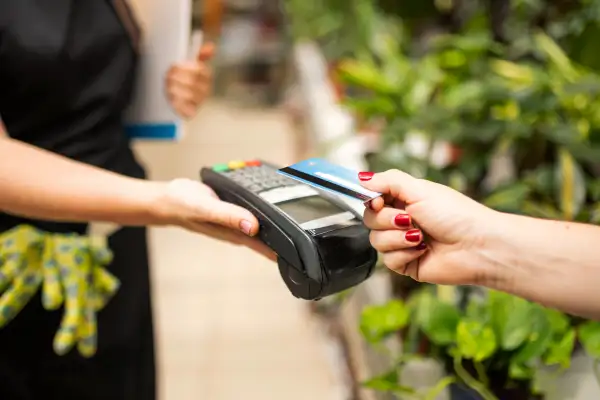Why Getting Approved for a Credit Card Is Becoming Harder (and What You Can Do About It)

At a time when Americans are relying on credit cards to see them through a tough bout of inflation, it’s becoming harder to get approved for a card.
New data from the Federal Reserve shows that lenders have been getting pickier with whom they approve for new credit cards. About 19% of banks have started tightening their standards for credit card approval over the past three months, according to a Fed survey released Monday.
When the Fed asked the same question the previous quarter, zero banks said they were tightening their standards.
“As lenders navigate increasing delinquencies, a high inflation environment, capital constraints, and a potential recession, lending to below prime risk tiers is likely to slow down in the last two quarters of 2022,” the report states.
For reference, a prime credit score is often considered to be between 660 and 719. Credit card providers are starting to think twice about approving applicants with scores below that range.
Meanwhile, credit card debt has reached an all-time high between July and September, according to the credit bureau TransUnion, suggesting that folks are using credit cards to cope with soaring consumer prices.
“Consumers are being pressured on multiple fronts, first by this environment of high inflation, and secondarily by the higher interest rates that the Federal Reserve is implementing to tamp it down,” Michele Raneri, a vice president at TransUnion, said Tuesday in an announcement of the bureau’s latest quarterly report on credit trends.
Consumer prices remain stubbornly high despite the Fed’s aggressive efforts to combat inflation. The inflation rate for the year ending in October was 7.7%, the Department of Labor said Thursday. The Fed has raised interest rates six times so far this year and has signaled more hikes are coming. The Fed’s aggressive action to lower inflation has had side effects. In this case, getting a credit card could become more difficult for people without stellar credit scores.
How to get approved for a credit card
If your credit score is below 660, that doesn’t necessarily mean you won’t be able to get approved for a credit card, but you may want to be a little more deliberate in your search.
Here are a few strategies you can use to improve your chances of approval.
1. Check your credit before applying
If you don’t know your credit score, don’t start applying for credit cards just yet. First make sure to check your credit report with the three main credit bureaus (Experian, Equifax and TransUnion) to at least have an idea of your overall approval odds.
Keep in mind that your credit report will not include your score, so you will want to check your credit score separately. You can do so with one of the bureaus. (Just double check that it’s free). If you have another credit card already, the credit card provider may allow you to check your credit score for free as well.
In addition to your score, the credit card provider will also factor in other related things such as the length of your credit history to decide if you get approved. If your report is “thin” — meaning you don’t have a robust credit history — you could get denied from picky credit card providers.
2. Apply for the right credit card for you
Blasting out applications to numerous credit cards could hurt your chances of getting approved, so if you’ve already been denied, you may want to wait a few months before applying again.
Likewise, you’ll want to apply for cards that you believe you’ll realistically get approved for. Credit card providers may not list exact credit score requirements, but a FICO score of over 660 (and ideally above 700) will certainly help your odds in the current environment.
Premium rewards cards typically require an excellent credit score — likely 720 or above — and a healthy debt-to-income ratio.
If you’re having trouble qualifying, you may want to consider a secured credit card first. It works similarly to other credit cards but will require a refundable deposit before you open your account.
3. Improve your credit
While it’s easier said than done, improving your credit situation is the best way to ensure you are approved for a credit card.
A common strategy people new to credit cards use is becoming an authorized user on a trusted family member or friend’s card. This is a bit of a shortcut: You can get access to the main card holder’s line of credit without having to undergo a credit check yourself. All the while, you will be able to build your own credit.
However, if that’s not an option, you’ll have to resort to some old-fashioned credit improvement strategies, such as paying down your other credit cards if you have them — ultimately lowering your credit-utilization ratio.
Other credit-building strategies include removing any incorrect information from your reports and signing up for credit-boost programs that allow you to strengthen your credit by including certain on-time bill payment history.
An Opaque Web of Credit Reports Is Tracking Everything You Do

